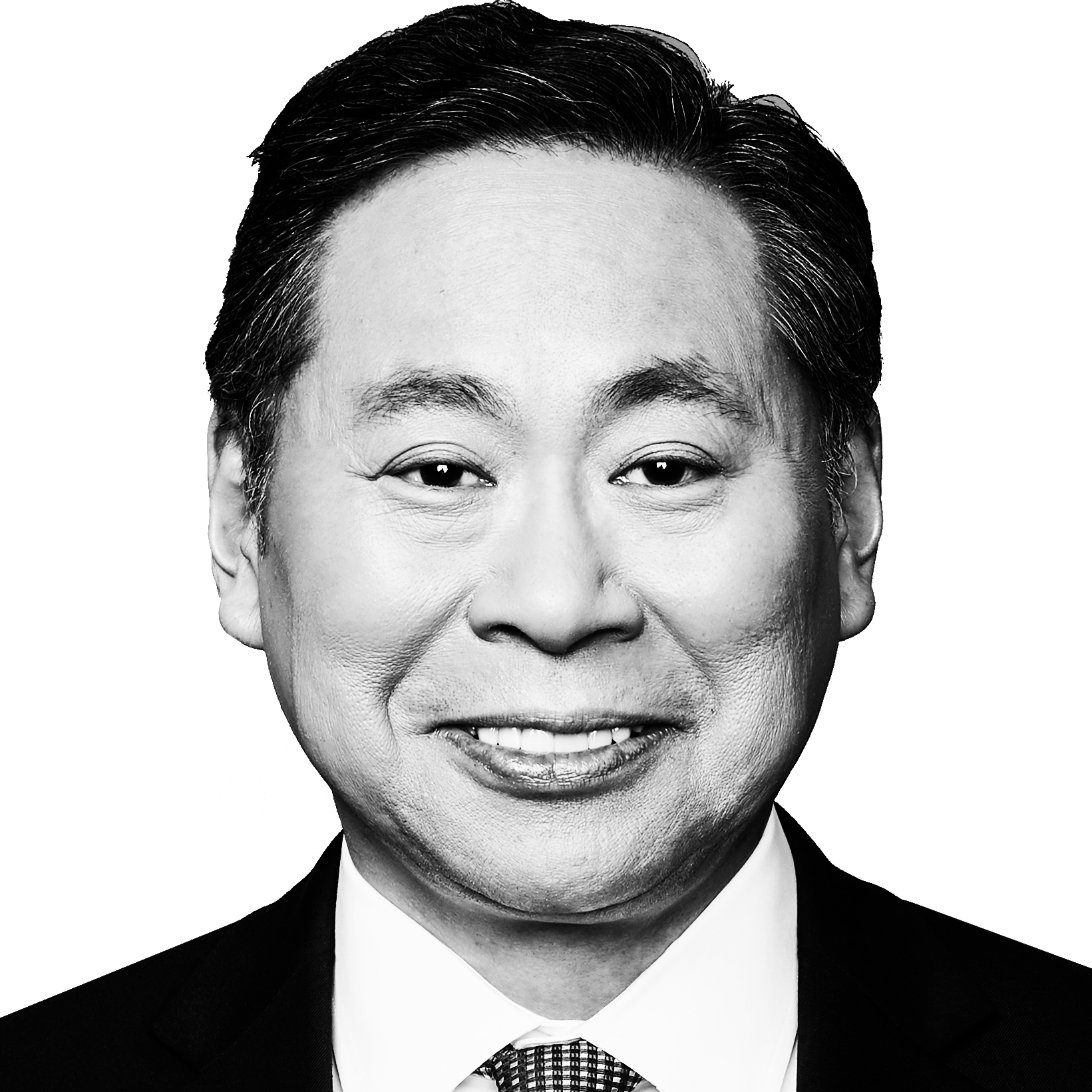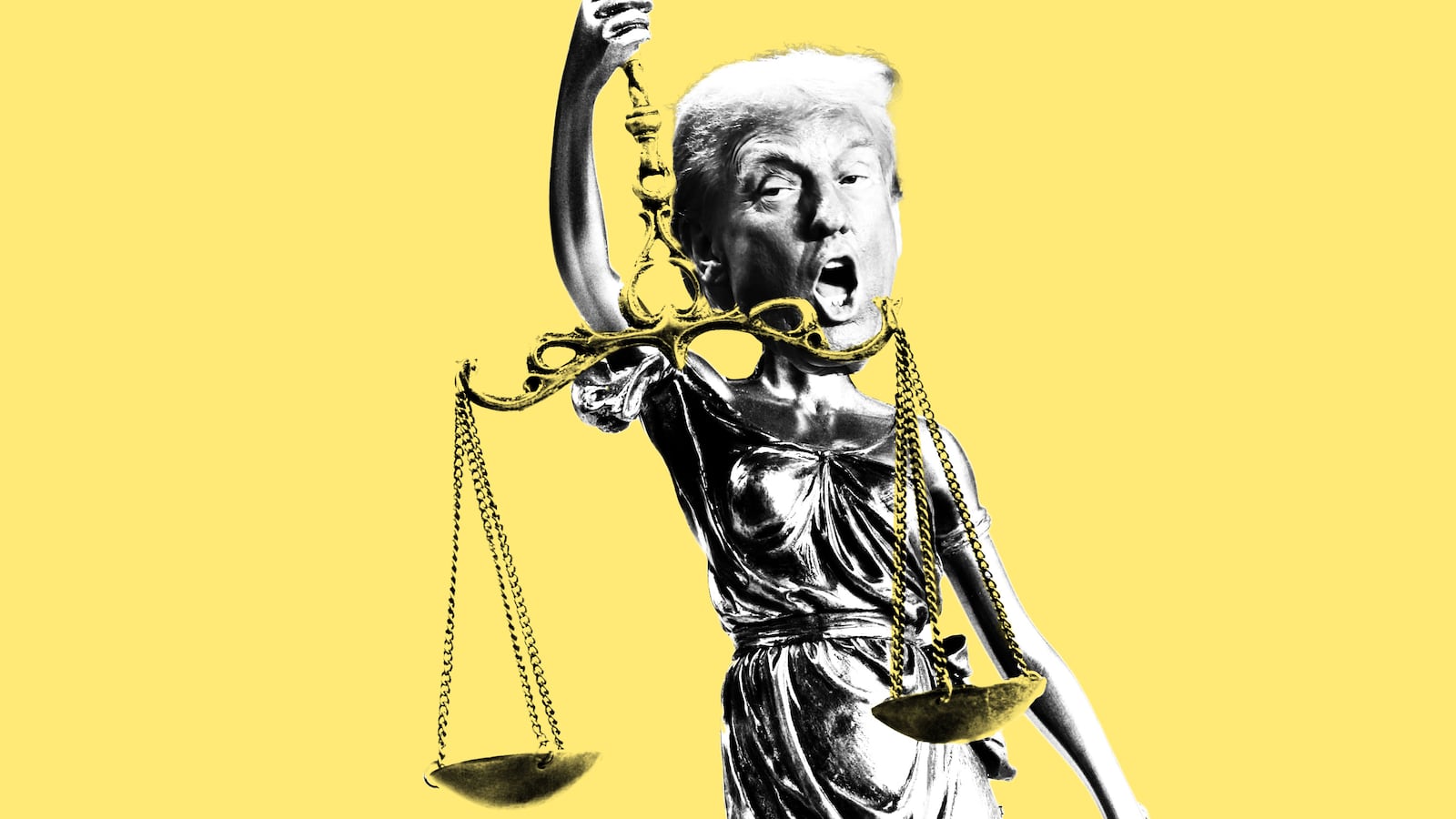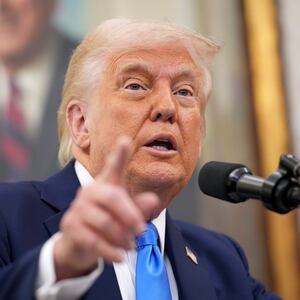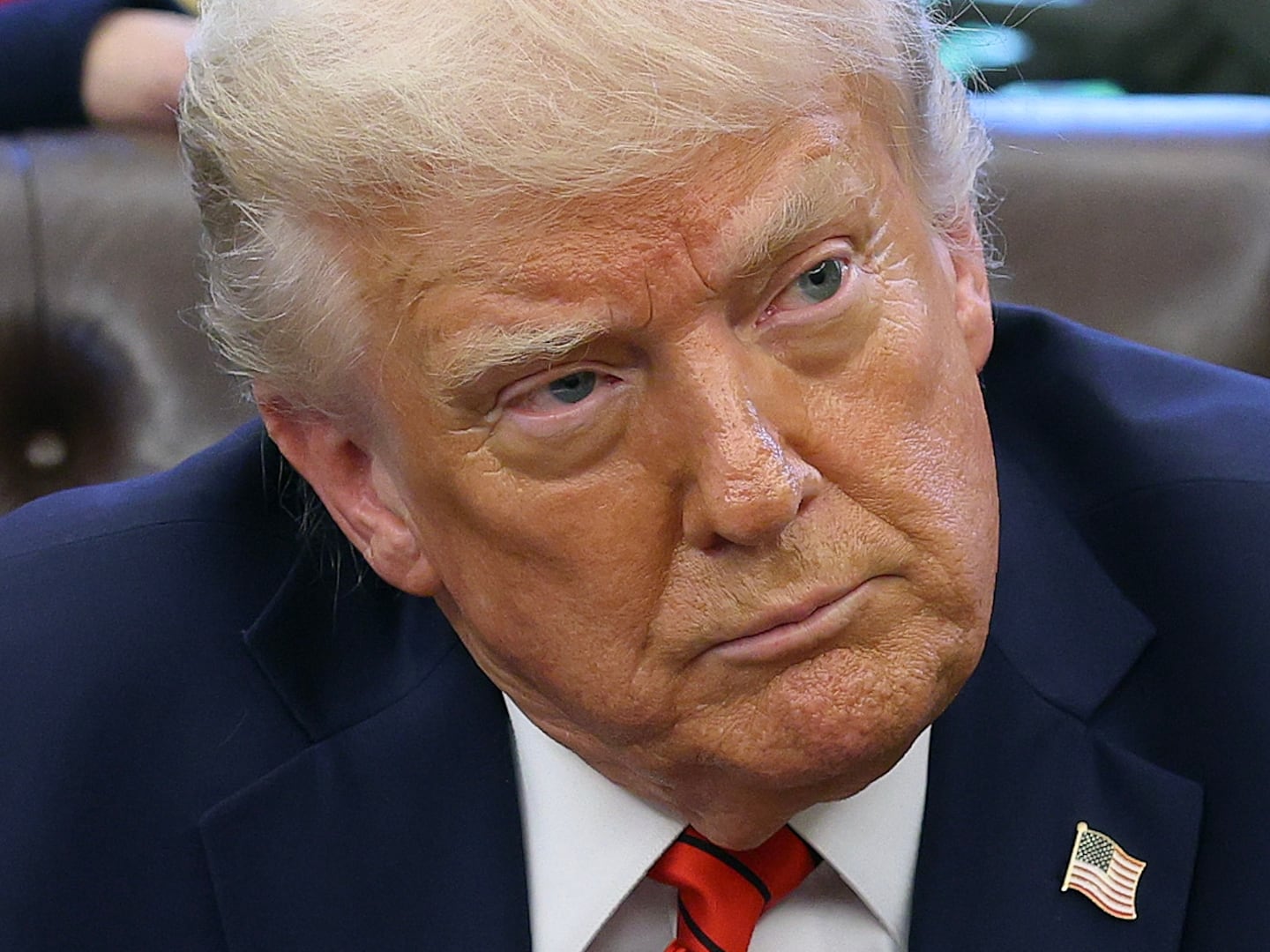Like the spectacle that was his hawking Tesla cars on the White House front lawn, the use of executive orders and memorandums to attack individual businesses—and individuals—by name would have been unimaginable before the Trump era.
But that is exactly what President Donald Trump is trying to do, in recent days directing that numerous major law firms be prohibited from doing business with the federal government, and that lawyers from the firms lose their security clearances and be barred from entering federal buildings.
The directives range from vague claims that the firms use their pro bono practices “for destructive causes” and otherwise engage in “partisan ‘lawfare’” to remarkably specific insults against specific lawyers who are singled out by name for actions like having worked on the Mueller investigation. On April 1, the New York Times reported his intent to target the firm where Kamala Harris’ husband Doug Emhoff works.
ADVERTISEMENT
Transforming these tools of conducting government business into weapons deployed against of the state furthers the USA’s rapid descent into authoritarian governance.
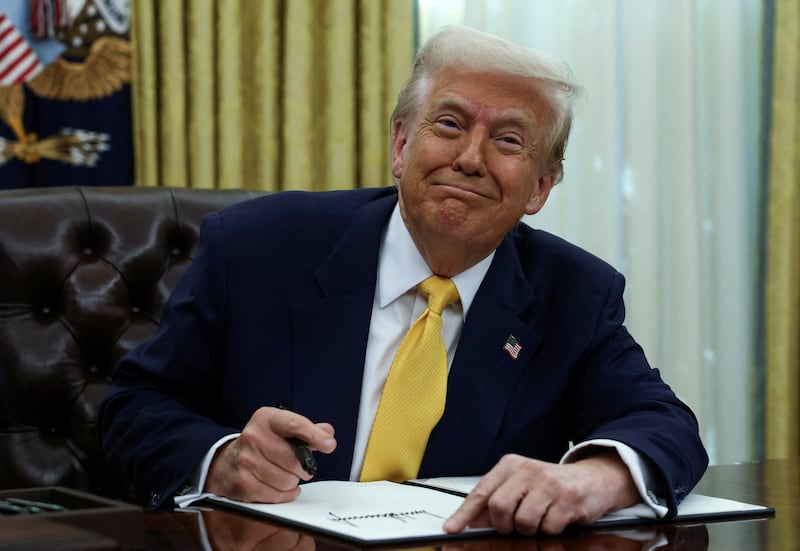
The history of executive orders includes the good, bad and ugly. Lincoln’s Emancipation Proclamation—a precursor to modern-day executive orders—comes to mind as a good one, while Roosevelt’s infamous Executive Order 9066 that un-Constitutionally imprisoned American citizens on the basis of the ancestry is certainly a bad one. (Ugly ones, in particular, can be thought of as those subject to claims they came from Presidents overstepping their executive authority.) But while orders like the Emancipation Proclamation and 9066 targeted specific groups of people, past presidents have not used executive orders to target people they simply don’t like.
Maybe because they know this, the Trump orders targeting law firms try to invoke national security and “national interests.” One focused on the firm Jenner & Block, whose crime in Trump’s view was having hired as a partner one of Robert Mueller’s top deputies from the Mueller investigation, attests how “Big Law” firms “engage in conduct detrimental to critical American interests” and “take actions that threaten public safety and national security.” These justifications lack credibility on their face, to be clear. But that doesn’t make them any less dangerous.
The fact that Trump is specifically focusing on “Big Law” is significant because it demonstrates his recognition of them as institutions that could pose a threat to his power. Then there’s the subjugation part. NYU law professor Stephen Gillers points out that Trump’s orders, “warn other law firms that they face the same punishment if they cross Trump.” (Journalist Sam Stein adds on X that they are likewise, “very much tied into the deportation regime. Those firms would likely take these cases as pro bono work.”)
The half-dozen targeted firms so far—Jenner & Block as well as Covington & Burling, Perkins Coie, Wilmer Hale, Paul Weiss and Skadden Arps—are all major entities with hundreds of lawyers and revenues that can be in the billions of dollars each year. With these kinds of resources, you might expect they would not be intimidated by the federal government.
You would be wrong.
Paul Weiss quickly capitulated to Trump’s demands, disavowing “the use of diversity, equity and inclusion considerations in its hiring and promotion decisions,” and confirming it would “dedicate the equivalent of $40 million dollars in (pro bono) legal services to support Trump administration policies.” In return, Trump lifted the Executive Order against the firm.
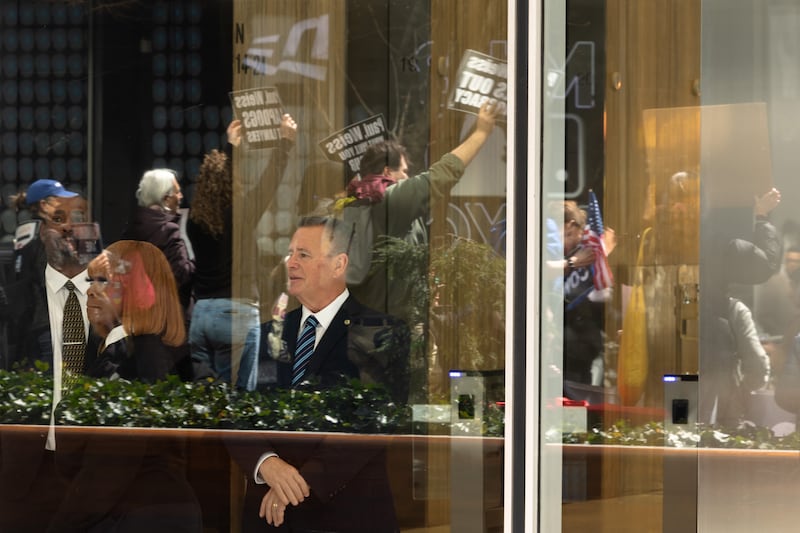
Skadden Arps soon bowed further still. Offering a perfect example of what Yale historian Timonthy Snyder refers to as “anticipatory obedience,” the firm offered $100 million dollars in free legal services to initiatives backed by the Trump administration. In a statement from its executive partner, Skadden Arps said it “looks forward to continuing our productive relationship with President Trump and his Admin” and that the outcome “is in the best interests of our clients, our people, and our Firm.” (Not quite all of them, though: One attorney’s subsequent resignation letter stated that, “if my employer cannot stand up for the rule of law, then I cannot continue to ethically work for them.”)
In sharp contrast, Perkins Coie, Wilmer Hale and Jenner & Block and have all fought back, with early successes in court. Federal judge Beryl Howell granted a temporary restraining order against Trump’s executive order targeting Perkins Coie, saying it “sends little chills down my spine.” Ruling on a case brought by Jenner & Block, Judge John Bates said the law firm had shown that the government likely was targeting them for the exercise of their First Amendment free speech rights and would suffer irreparable harm from the executive order.
Why some mega-rich law firms fight (and lick their wounds) while others lick the boot is a complex question. Some may face greater revenue peril from clients with federal contracts avoiding them. Whether a firm has a strong history and practice in defending clients against the government might also affect how they view going up against an authoritarian trending administration.
No doubt, super-rich lawyers can make many compelling arguments about why making a deal with Trump was the smart business move. And time may show that it was the more profitable move to make. But that kind of thinking is clear “capitalistic cowardice,” as an associate lawyer who tendered her conditional resignation from Skadden Arps even before the firm showed Trump its belly; a “fear for the bottom line of firms that already clear billions and billions of dollars a year in revenue.”
My first boxing trainer—two-time world heavyweight champion Floyd Patterson—often spoke about cowardice and fear, remembering a quote imparted from a mentor of his own: ‘’Heroes and cowards feel exactly the same fear. Heroes just react to it differently.” So too with lawyers. The ones that stand up to the Trump administration feel the same fear about their livelihoods as those who bow down before him. The difference lies only in what they choose to do.
In the ring cowardice wounds only the fighter. But cowardice by lawyers—the very people best situated to defend the rule of law against Trump’s attacks—wounds us all.
